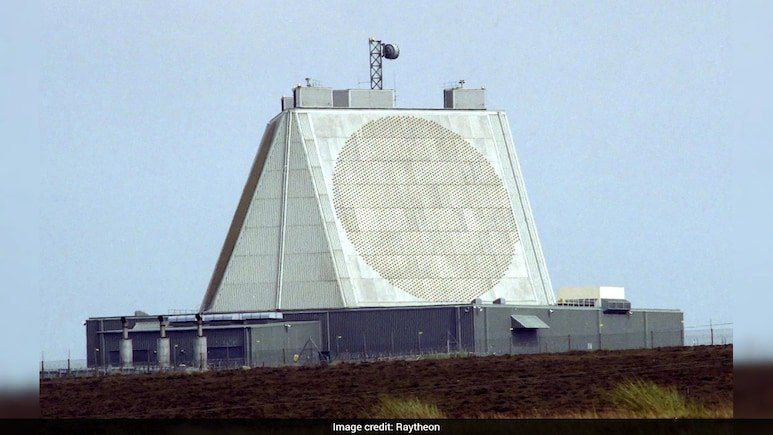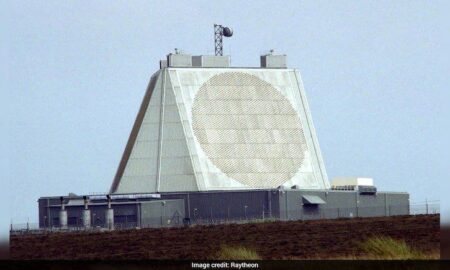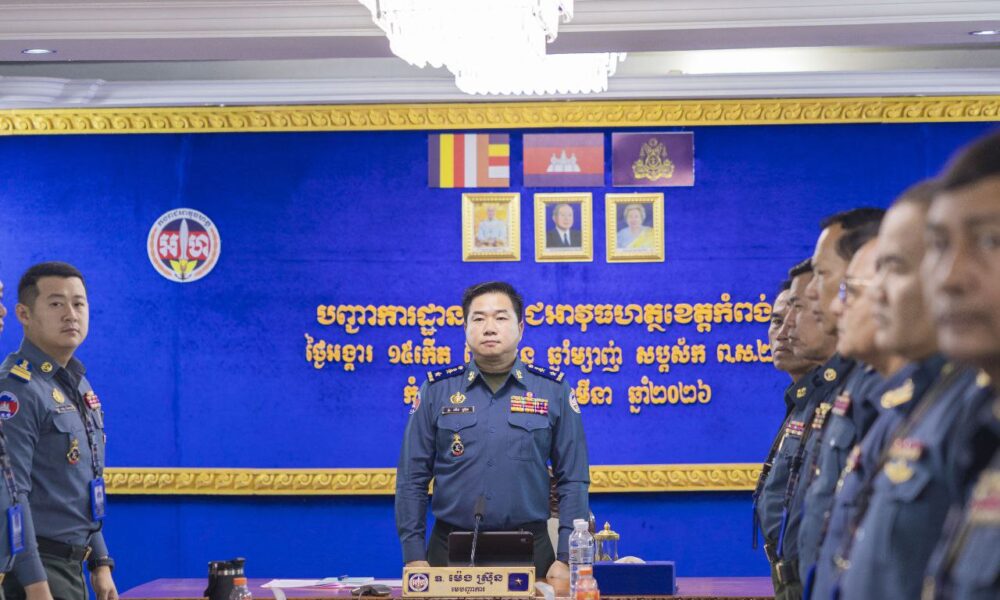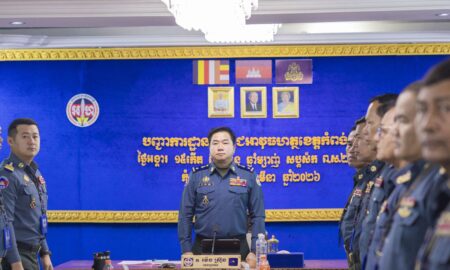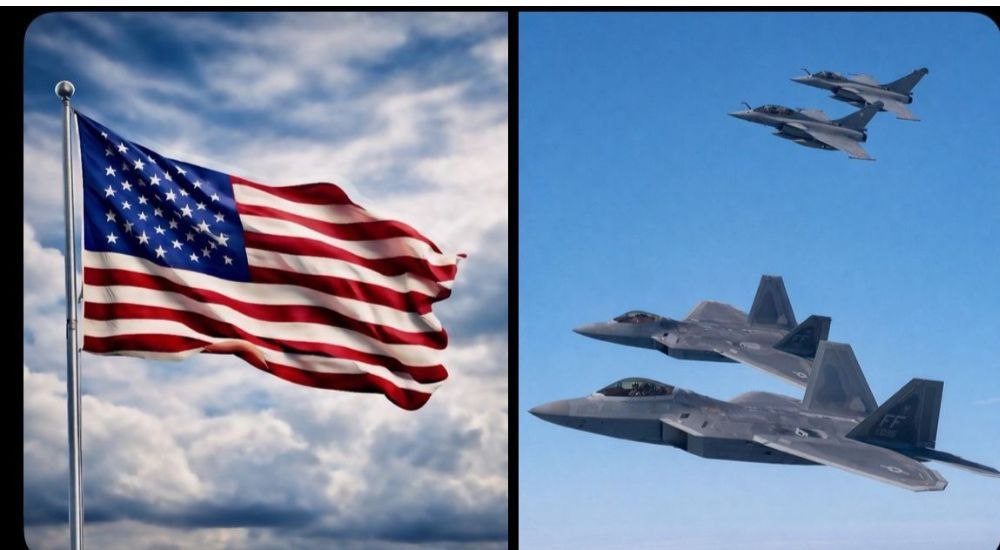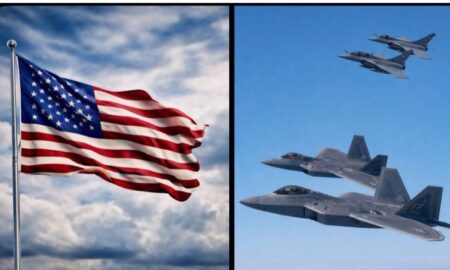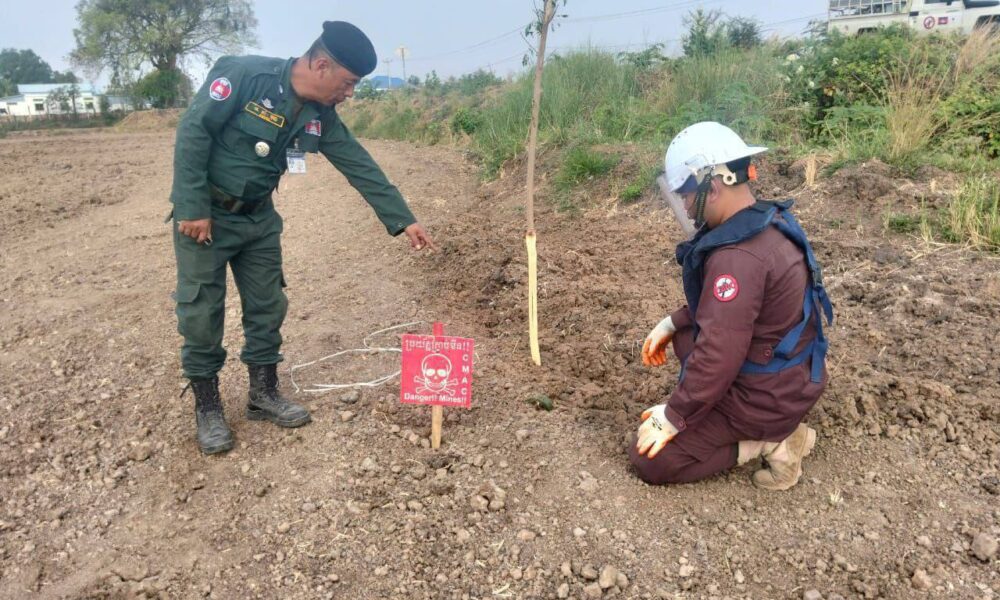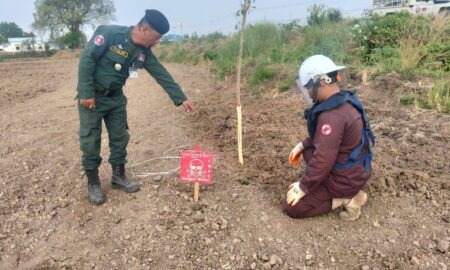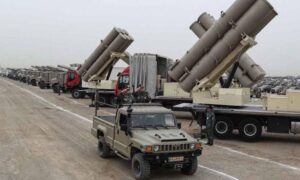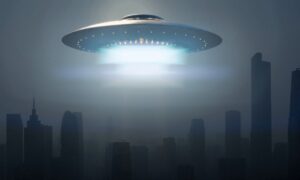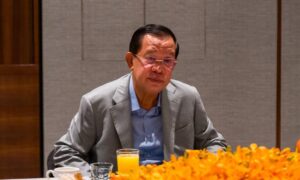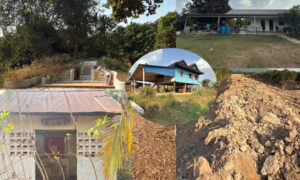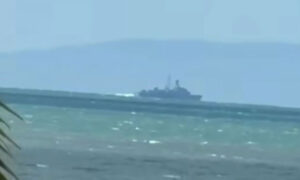Finland formally announced Sunday that it intends to apply for membership into the Western NATO military alliance, ignoring Russian President Vladimir Putin’s warning that the move would “negatively affect” peaceful relations between the neighboring countries.
President Sauli Niinisto and Prime Minister Sanna Marin announced the NATO membership bid at the presidential palace in Helsinki.
“This is a historic day,” Niinisto said. “A new era begins.”
Finland’s announcement that it is seeking entry into the 30-member U.S.-dominated military alliance formed in the aftermath of World War II had been expected in the wake of Russia’s invasion of Ukraine February 24 and continuing offensive.
Finland’s neighbor to the west, Sweden, is also expected to seek entry into the alliance, ending two centuries of military non-alignment. Sweden’s governing party on Sunday dropped its opposition to joining NATO.

The two Nordic countries’ NATO applications will likely move swiftly, with NATO Secretary-General Jens Stoltenberg saying in recent days that they will be welcomed.
The Kremlin’s press service said that Putin, in a phone conversation with Niinisto on Saturday, warned the Finnish leader that its abandonment “of its traditional policy of military neutrality would be an error since there are no threats to Finland’s security.”
“Such a change in the country’s foreign policy could negatively affect Russian-Finnish relations, which had been built in the spirit of good neighborliness and partnership for many years, and were mutually beneficial,” the statement added.
Niinisto told CNN’s “State of the Union” show that his phone conversation with Putin was businesslike. “The surprise was that he took it so calmly,” Niinisto said of Finland’s move to join NATO.
Finland’s 1,300-kilometer border with Russia would be the longest of any of the NATO countries.
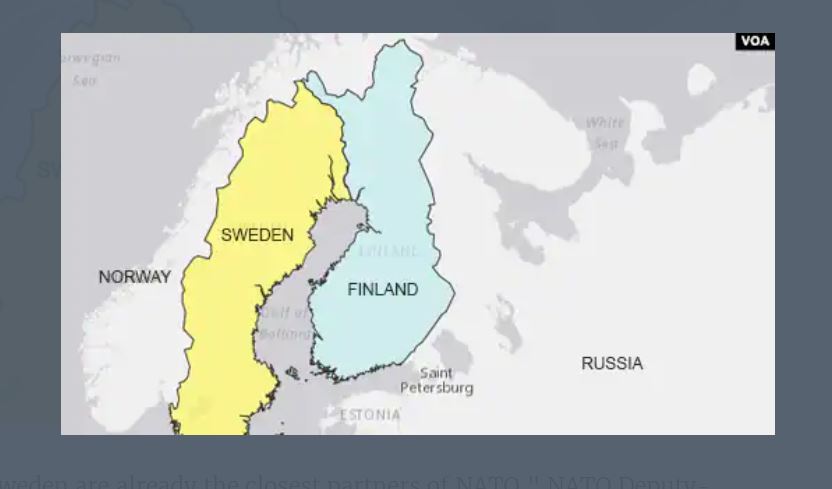
“Finland and Sweden are already the closest partners of NATO,” NATO Deputy-Secretary-General Mircea Geoana said Sunday in Berlin, where NATO members are meeting to discuss their continued support of Ukraine against Russia’s invasion and the expansion of the Atlantic alliance.
Russia cut off electricity to Finland in apparent retaliation for its bid to join NATO. Finland gets 10% of its energy from Russia and the void is now being filled by Sweden.
Turkey initially expressed concerns about Finland and Sweden joining the security alliance, but Saturday said it isn’t closing the door on the possibility. Any NATO enlargement requires the unanimous consent of the existing members.
“I’m not that worried,” Niinisto said of Turkey’s stance.
NATO and the United States said Sunday they both were confident that Turkey would not stand in the way of Finland and Sweden joining NATO. Turkish officials Sunday told foreign ministers in Berlin they want the Nordic countries to halt support for Kurdish militant groups present in their territory, and lift bans on some sales of arms to Turkey.
NATO’s Stoltenberg said, “I’m confident that we will be able to address the concerns that Turkey has expressed in a way that doesn’t delay the membership” for Finland and Sweden.
The United States has said it will support NATO applications from the two Nordic countries.
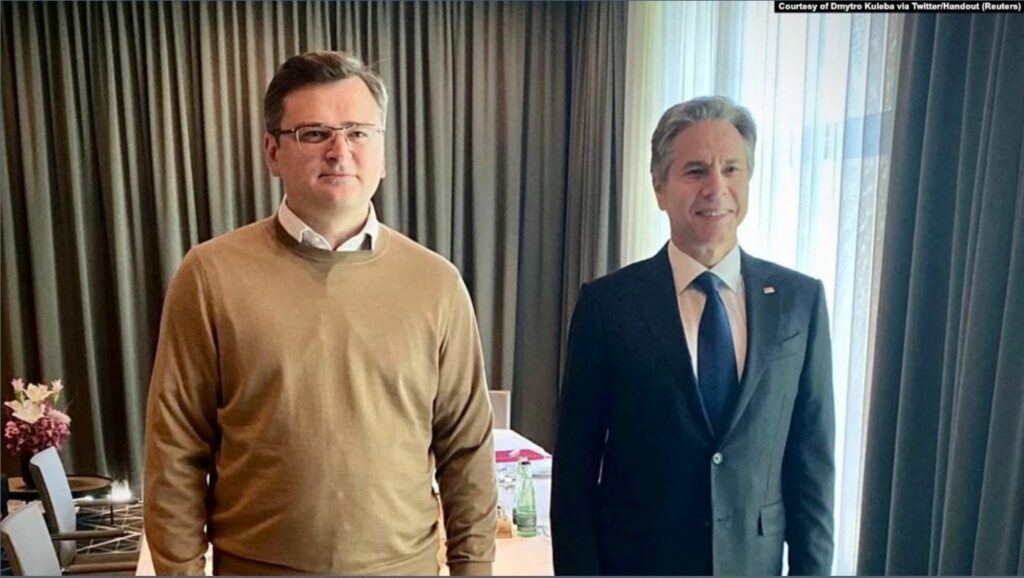
Earlier Sunday, top diplomats from the United States and Ukraine met Sunday in Berlin to talk about Russia’s invasion and the impact it has had not only on Ukraine, but also the rest of the world.
U.S. Secretary of State Antony Blinken assured Ukrainian Foreign Minister Dmytro Kuleba of the support that Ukraine has from its allies and discussed this week’s G-7 and NATO foreign ministerial meetings.
Ukrainian forces began a counteroffensive Saturday near the Russian-controlled town of Izium in northeastern Ukraine, a regional governor said. Ukraine wants to push Russia from its staging area there and prevent it from encircling thousands of Ukrainian troops on the eastern front of the Donbas.
Russia turned its focus on the Donbas after it failed to capture Ukraine’s capital, Kyiv, at the start of the war. But Ukraine has clawed back some territory there, including its second-largest city in the northeast, Kharkiv.
Ukraine “appears to have won the Battle of Kharkiv,” the Institute for the Study of War, a Washington-based think tank, said. “Ukrainian forces prevented Russian troops from encircling, let alone seizing Kharkiv, and then expelled them from around the city, as they did to Russian forces attempting to seize Kyiv.”
Fighting was also fierce on the Siversky Donets River near the city of Severodonetsk. The governor of the eastern Luhansk region, Serhiy Gaidai, said Ukrainian forces repulsed Russian attempts to cross the river and encircle the city. However, Oleh Zhdanov, an independent Ukrainian military analyst, said Ukraine failed to stop Russia’s advance.
“There’s heavy fighting on the border with Donetsk region, from the side of Popasna,” Gaidai also said, reporting heavy losses of equipment and personnel by the Russians.
While Russian troops have taken some villages and towns in the Donbas, Ukraine’s forces have retaken others, with neither seeming to make much progress.
Meanwhile, a long convoy from the besieged Ukrainian port city of Mariupol arrived safely in the Ukrainian city of Zaporizhzhia on Saturday.
The 500- to 1000-vehicle-long convoy, according to a Reuters report, was “the largest single evacuation from the city since Russia’s Feb. 24 invasion.”
Expanding NATO
Russian President Vladimir Putin told his Finnish counterpart Saturday that it would be a “mistake” for Finland to join NATO, according to a statement from the Kremlin.
The two leaders spoke by phone Saturday in a call initiated by Finland.
“The conversation was direct and straightforward, and it was conducted without aggravations. Avoiding tensions was considered important,” Niinisto was quoted as saying in a statement by his office.
A Kremlin statement released after the call said Putin told Niinisto that abandoning Finland’s policy of neutrality would have a negative impact on Russian-Finnish relations.
Niinisto and Finnish Prime Minister Sanna Marin said Thursday that they want the country to join NATO “without delay” in response to Russia’s invasion of Ukraine, a move that would be a major policy shift for the traditionally neutral country.
“Putin stressed that the end of the traditional policy of military neutrality would be a mistake since there is no threat to Finland’s security,” the Kremlin statement said.
Russia cut off electricity to Finland in apparent retaliation for its bid to join NATO. Finland gets 10% of its energy from Russia and the void is now being filled by Sweden.
Sweden, another traditionally neutral Scandinavian country, is also expected to ask to join NATO in the coming days.
Turkey initially expressed concerns about Finland and Sweden joining the security alliance, but Saturday said it isn’t closing the door on the possibility. Any NATO enlargement requires the unanimous consent of the existing members.
The United States has said it will support a NATO application by Finland or Sweden should they choose to apply.
U.S. senators visit
U.S. Senate Minority Leader Mitch McConnell led a delegation of Republican senators on a visit to Ukraine Saturday. Ukrainian President Volodymyr Zelenskyy said the visit was a powerful signal of bipartisan American support for Ukraine, according to the Ukrainian presidential administration.
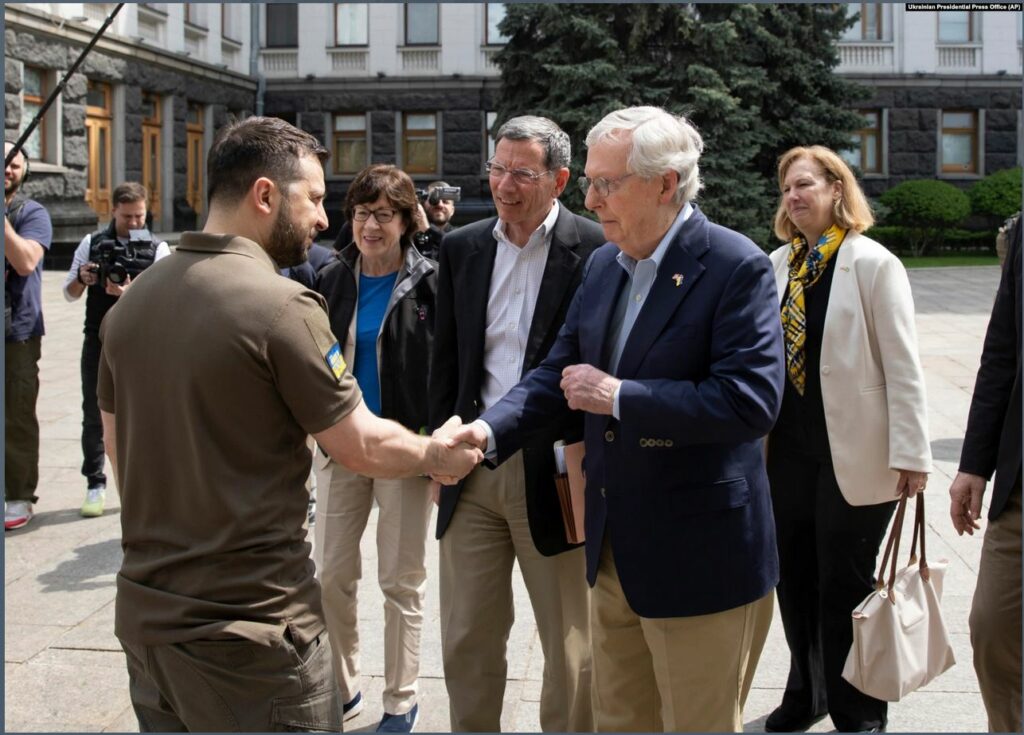
Zelenskyy urged the American lawmakers to recognize Russia as a state sponsor of terrorism, according to The Kyiv Independent, an English-language newspaper in Ukraine, and to impose stronger sanctions on Russia.
Meanwhile, the Group of Seven industrialized nations meeting in Germany vowed to put more pressure on Russia with fresh sanctions and said it would never recognize the borders the Kremlin is attempting to redraw through force.
Some information for this story came from The Associated Press, Agence France-Presse and Reuters.
(អត្ថបទ៖ VOA ក្រោមកិច្ចសហការរវាងមជ្ឈមណ្ឌលព័ត៌មាន ដើមអម្ពិល និង USAGM)


